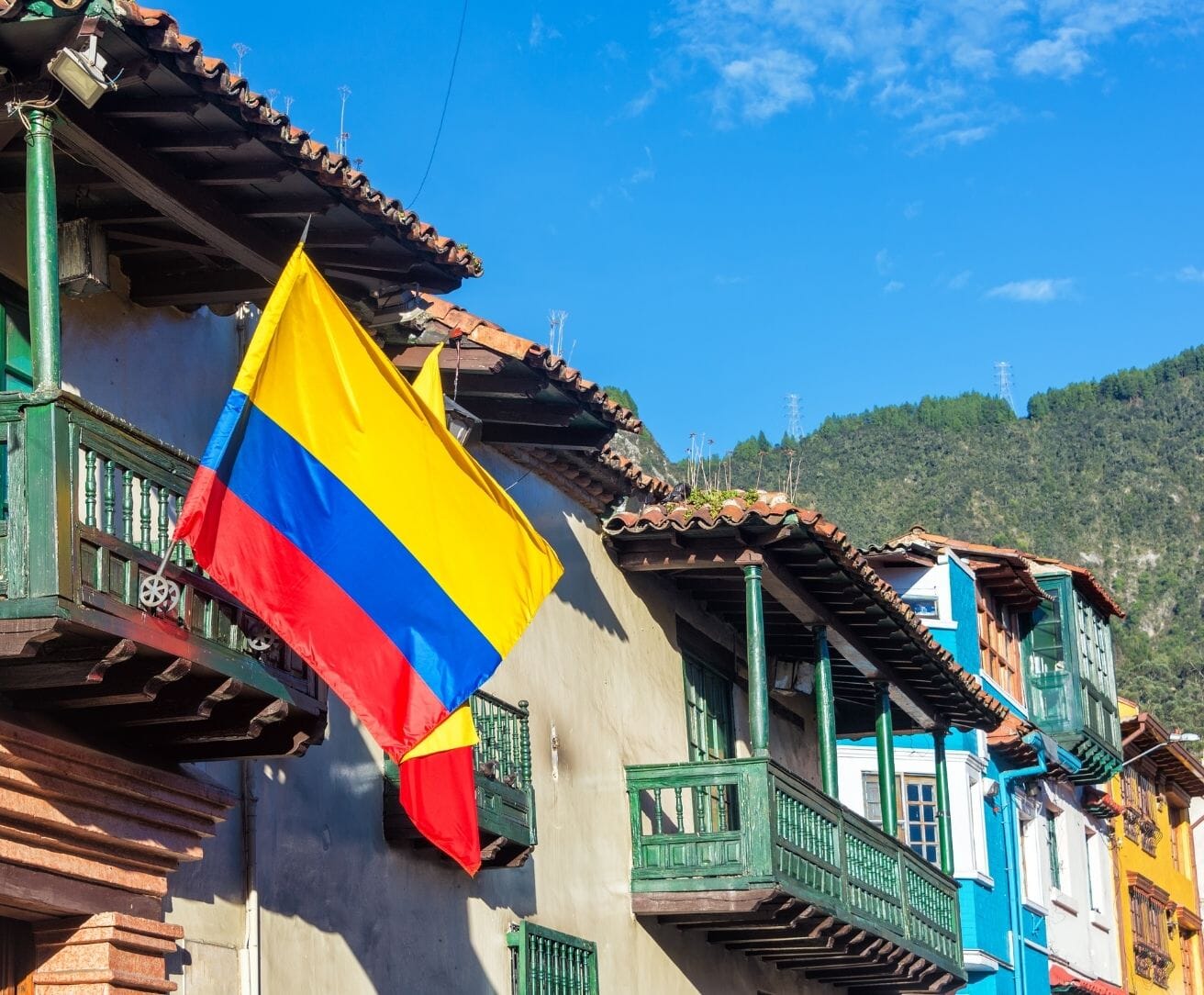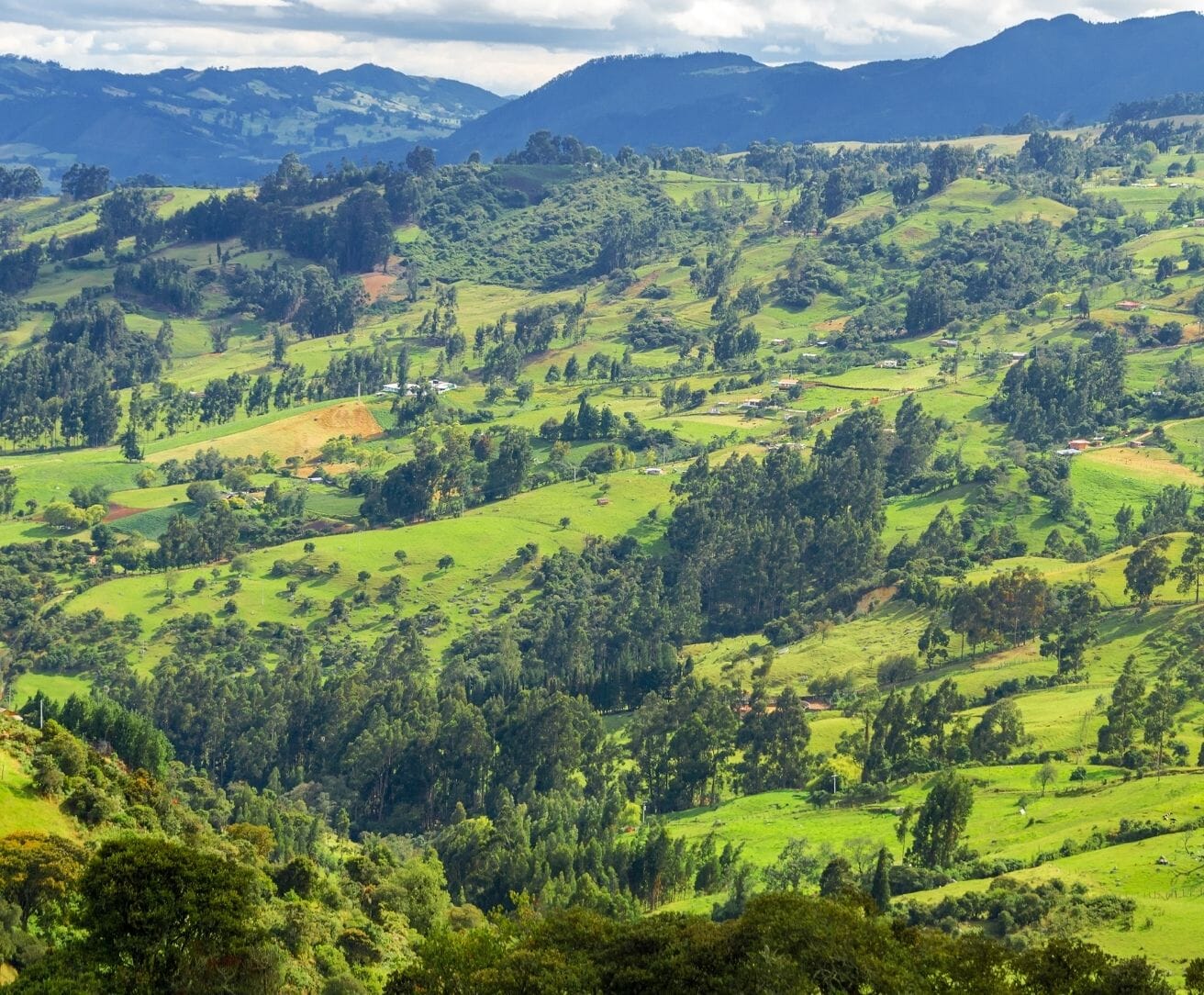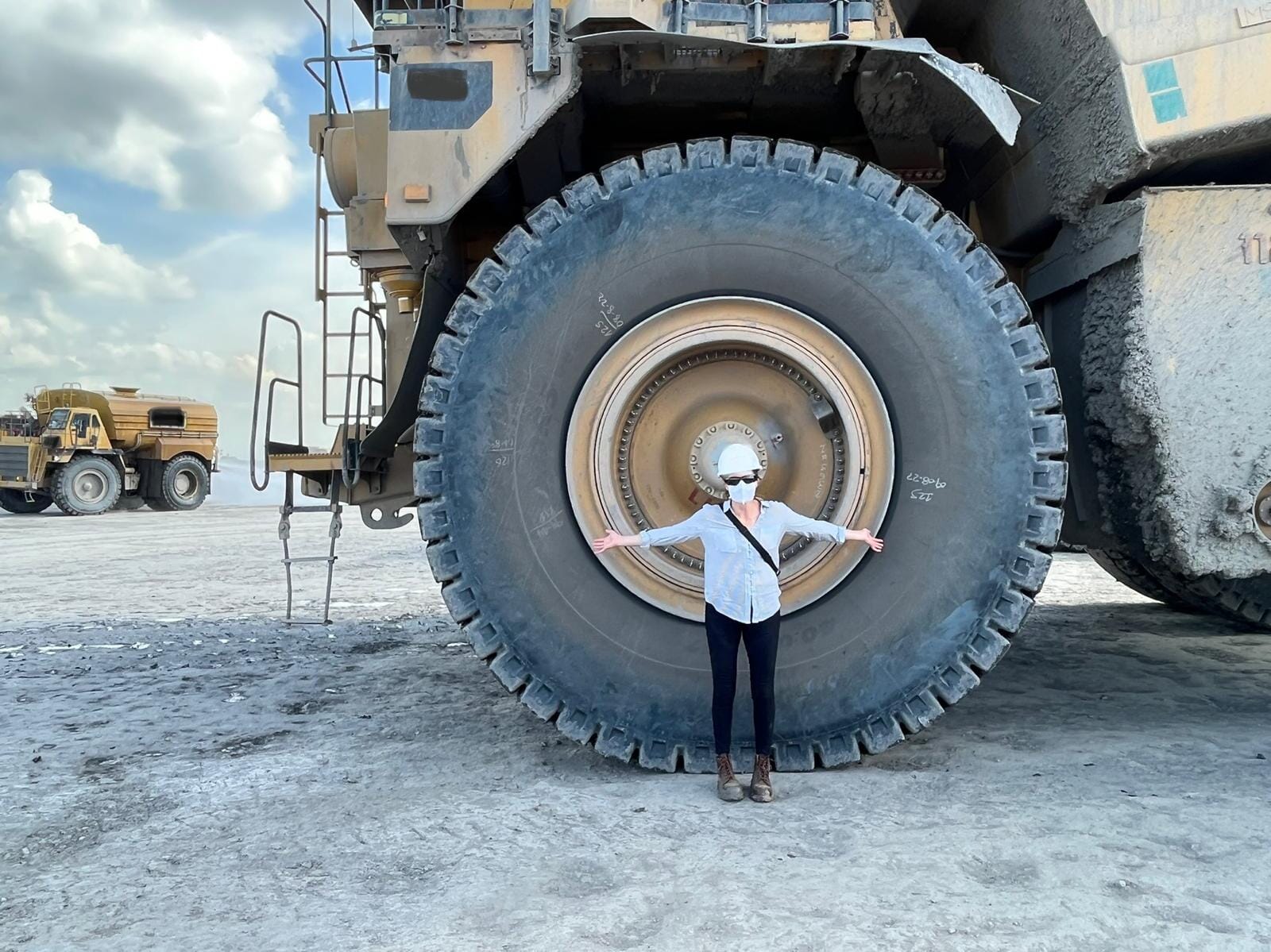
Due diligence for exploration-stage mining investment on Indigenous Peoples’ rights
The report produced by TDi outlines the background and regulatory framework of prior consultation, or consulta previa, and Free, Prior and Informed Consent (FPIC) in Colombia; identifies risks and challenges as well as examples of industry practices in consulta previa and FPIC; and provides a stakeholder mapping of ethnic communities in two departments.
The report also provides a framework for evaluating the company’s practices related to community engagement and FPIC, and ends with recommendations for how to approach FPIC and next steps in the due diligence process. The methodology included desktop research; review of the regulatory framework and jurisprudence on consulta previa and FPIC; and interviews with local NGOs.
Report outline
- Background and industry approaches to consulta previa and FPIC in Colombia
- Stakeholder mapping: Identification of Indigenous Peoples and Afro-Colombian communities in the two Departments
- Background description of the two Departments, including soico-economic and demographic data
- Identified social and environmental risks and issues in the two Departments
- Recommendations on community engagement, consulta previa and FPIC
- Annex 1: International and Colombian Laws and Instruments on Prior Consultation and FPIC
- Annex 2: Jurisprudence of the Colombian Constitutional Court related to Prior Consultation and FPIC
- Annex 3: Indigenous resguardos near the project area
Key recommendations
- Adopt a partnership approach that seeks to build trust, mutual respect, and shared value with communities by creating long-term relationships and ongoing engagement processes;
- Engage communities as early in the exploration phase as possible, while managing expectations;
- Enter into a dialogue and strategic agreement with the government regarding the role of the government in the engagement process;
- Develop cultural sensitivity and understanding of the communities potentially impacted by the project;
- Further engagement with NGOs to help to understand communities’ concerns, expectations, and potential impacts of mining activities.

